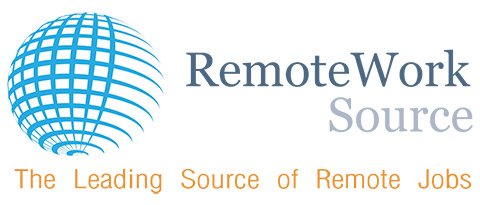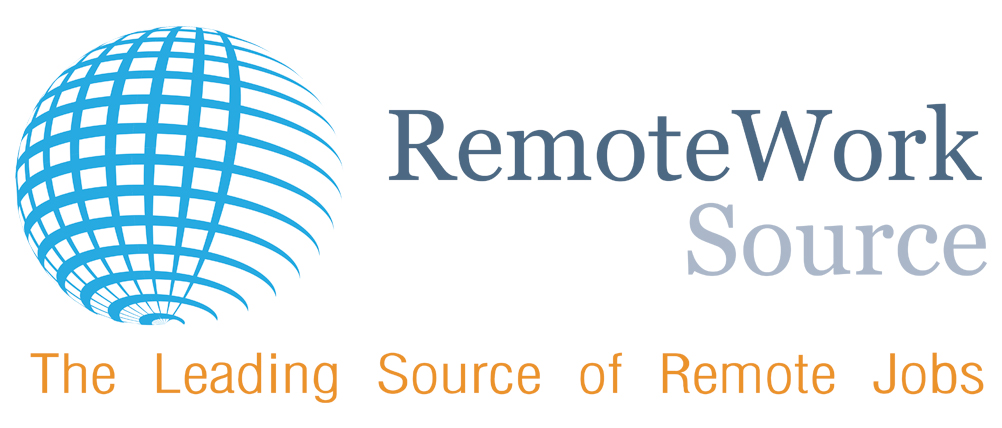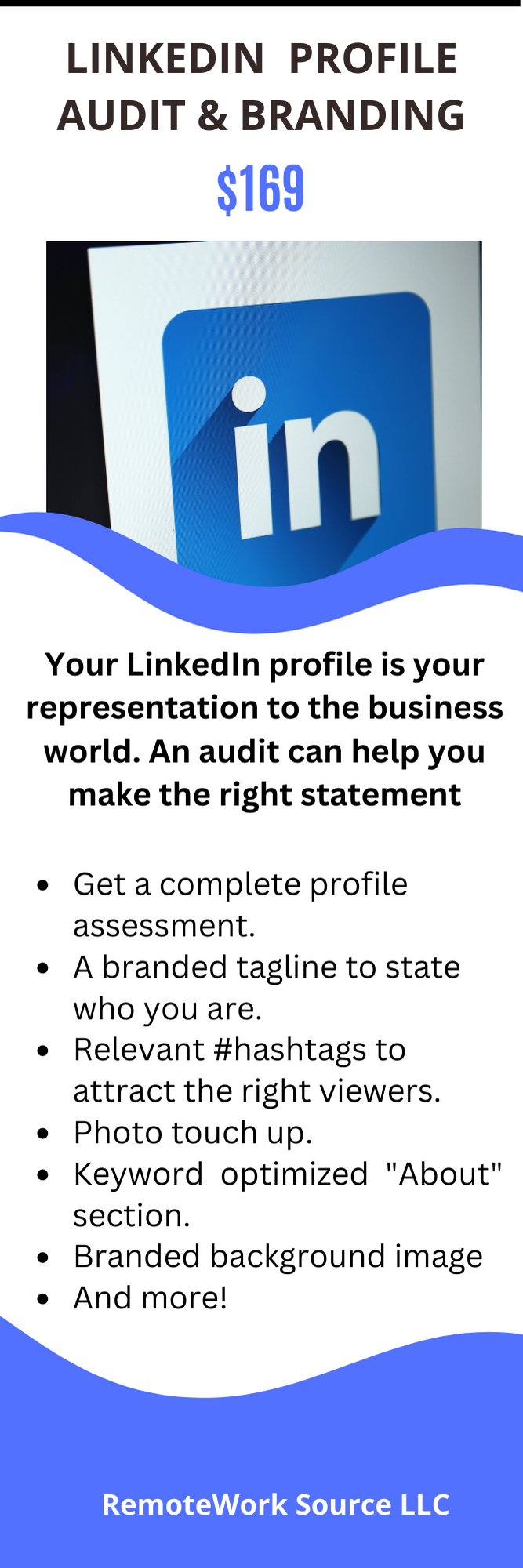Are You Losing Out with These 9 Costly Resume Mistakes?

Why is your resume failing to bring you results? You may be making one of these resume mistakes. Courtesy: Elisa Ventur/UnSplash
Resume mistakes can disqualify even the most experienced person. Find out if you are you are missing interviews because of one or more of these resume mistakes.
Resume mistakes can be costly. They can pass over even the most qualified person for an interview. Depending on the position, a recruiter, or even a company’s values, resume mistakes that disqualify a candidate’s range from simple to drastic.
In this article, we’re going to point out nine of the more “drastic” resume writing mistakes. We’ll also offer Pro Tips on how to correct them.
-
Using the wrong resume format
-
Using the wrong resume style
-
Omitting a professional summary
-
Submitting a blanket resume
-
Sending a big wall of text
-
Mixing up verb tenses
-
Using pronouns with the verbs
-
Not including the right hard skills
-
Failing to include metrics
Why resume mistakes happen
Why do intelligent, experienced, and educated people mess up their resumes? Visit any online resume forum and you’ll see individuals at all stages in their careers pleading for help on resumes that keep failing them.
This is so understandable, because most people are not resume writers. They are accountants, teachers, physicians, professors, administrative assistants, programmers, and so on. That’s where their special talents lie.
All too often, people are told that a resume is a fill-in-the-blanks document, easily whipped up from a template at a last moment’s notice. Worse, it’s usually at the last moment, when a resume is most needed, that many folks decide to write or update their resumes.
The result? Resumes from qualified people that go straight into a resume “black hole.”
Related: May I see your references, please?
What is a resume?
A resume is a formal, professional document with the sole purpose of showing a recruiter that you—over other candidates—are qualified enough to call for an interview.
While it’s common knowledge that all resumes contain certain information, such as education, experience, and so forth, that’s often where the knowledge ends and the mistakes begin.
Below, I list a few of the top mistakes made on resumes. I follow each one with tips to help you avoid or fix them on your own resume. But first:
Pro Tip: If you are reading this and you are not looking for a job, this is the perfect time to pull up your resume and make corrections. Many job seekers wait to do this until they need a job, and that alone is a mistake. Feeling anxious and desperate is never the best frame of mind to write or redo your resume. It’s too important!
Costly resume mistakes
1. Using the wrong resume format
The most familiar resume formats are:
- chronological (or reverse chronological)
- functional (or skills-based)
- hybrid (or combination)
Regardless of your experience or employment issues, avoid using a functional resume. In fact, forget this format exists because recruiters dislike them. A functional resume raises red flags.
Pro Tip: If you have solid work experience in the position you are applying for, use a chronological resume. Meaning, start with your most recent or current job, and work backward. But if you have issues in your work experience, such as job hopping, a gap in employment, or are new to the workforce, use a hybrid resume. This format allows you to showcase important skills, but still correctly presents your job history.
2. Using the wrong resume style
It’s tempting to use an unconventional resume style to shake things up to grab those six seconds of attention a recruiter initially gives a resume. And it might. But not in the right way.
There are several resume styles, each serving specific purposes. Using an infographic style resume for a nursing position, or using a video resume for a non-speaking or acting job, can do more harm than good.
Pro Tip: Learn which resume style is standard for your industry, and stick with it. Focus on crafting solid content to grab and keep a recruiter’s attention.
3. Omitting a professional summary
Okay, here’s one of those areas where resume writers’ advice can be conflicting. Some writers say a summary isn’t necessary; that it’s a waste of precious resume real estate. They say a recruiter never reads it. Others say don’t omit it. Ever. At least not on a traditional resume. I strongly agree with the latter.
You will make up your own mind, of course. Yet, considering that recruiters aren’t the ones advising to skip the summary (as far as I know), go with what works, not with what’s easiest.
Pro Tip: Recruiters may or may not read your cover letter. Assuming they don’t, then your professional summary will be the only thing setting you apart from other candidates possessing identical qualifications, skills, and/or education.
4. Sending a blanket resume
How often do you receive promotional emails that address you by name? Advertisers know people respond much better to promotional material when it seems personal. I don’t know a soul who works for UGG ®, yet I get all kinds of “Hey, Pamela!” emails from them. The same holds true about resumes.
Sending a resume without tailoring it to your target job is impersonal and looks unprofessional. Yet, so many people think that their cover letters (which recruiters may not read, mind you), are enough. A blanket or generic resume only makes a recruiter wonder if you want that job, or just any job. They wonder if you even know anything about the company.
Pro Tip: Tailor your resume for each position to which you apply. Use the summary as an opportunity to do this by mentioning the target job title and the company’s name. Someone will receive it better, and it will show you have an interest in that job. A tailored resume also will aid in getting your resume through their ATS (applicant tracking system).
5. Sending a big wall of text
If you’re a blogger, you’ll already know this. If not, let me ask: have you noticed how writers in blog posts (like the one you’re reading) divide text up with small paragraphs, bold headings, images, quotes, and so forth? That’s because we care about your reading enjoyment. We also know that if we don’t break up blocks of text, allowing you to rest eyes as you read, you won’t read our articles!
Walls of text are big turnoffs for recruiters because it’s difficult and uncomfortable to read. White space that breaks up text is important because, after reading many resumes, it gives their tired eyes a break.
Pro Tip: Use bullets, concise sentences, and section headings to organize your text. Leave white space between sections and between items to make your resume a document a recruiter will want to read rather than avoid.
6. Mixing up verb tenses
Resume writing is different from other forms of writing. It is intentionally loaded with verbs, which can make it easy to confuse tenses as you shift from current to past positions. I have seen people so frustrated by these verbs that they avoid using them altogether.
An example from a resume I recently read: “Planning and organizing fundraising events.” This person’s effort to skirt verb confusion made that entire job role passive—completely the opposite of what we want on a resume! And, the sentence was incomplete.
Pro Tip: When writing about a job you’re currently working, use the present tense. If you write about a finished project within a current position, use past tense for that project. When writing about a job that you no longer work, use past tense all the way through. Sounds so easy, right? Believe me, it requires some focus.
7. Using personal pronouns with verbs
Someone likely taught you that a proper sentence has a noun, and if talking about yourself, to use a personal pronoun. On resumes, however, you must omit personal pronouns. This is necessary because the reader knows that everything on your resume is about no one but you. If you include a personal pronoun it will make every sentence start with I which, frankly, would look terrible.
- I launched a new program…
- I created a platform…
- I spearheaded three new…
- I – I – I
Also, using a personal pronoun weakens the powerful verbs that should begin each point.
Pro Tip: Begin each section and bullet point of your job history with a strong verb, minus the pronoun I. This allows the reader to focus on what you accomplished.
- Launched a new program that…
- Created 30 extra documents to…
- Supervised a staff of 15 copywriters…
8. Not including the right hard skills
Hard skills are important to companies. But not all hard skills hold equal value. It depends on your target job and employer. Some people have technical savvy and master every software program they come across. Understandably, that’s something to be proud of. So, they include all these skills on their resumes to showcase those abilities.
Here’s the problem. If their target job is, say, project management, they need to highlight their project management software skills. They don’t need to mention their skill in Photoshop or a content management system, unless it’s also mentioned in the ad. Further, they definitely don’t need to mention their expertise in Outlook, Word or Gmail. That’s a given for everyone, from high school on up.
Related: Top Skills Employers Want in Remote Employees
Pro Tip: Stick to mentioning hard skills relevant to the job you’re targeting. Show recruiters skills they want to see, not those they don’t. Also, don’t include them only in your “Skills” section. Incorporate them throughout your “Summary” and “Experience” sections, too. Why?
An ATS gives skills different values based on where they are in a resume. If a skill is on a list, an ATS may credit you with up to six months of experience for that skill. But, when it’s incorporated into a previous position, the length of time you were at that job is the amount of experience an ATS will credit you for that skill.
9. Failing to include metrics
For many people, including metrics for previous roles is one of the most troublesome parts of writing a resume. When they began their careers, they never thought about them. They focused on doing their job well, not keeping records of their daily contributions. Besides, most early-stage career professionals aren’t privy to data a company collects, even when it involves them.
Fast forward ten or twenty years. They know what they did in past jobs. They know their work was useful. But how useful?
Metrics are crucial. They not only quantify your performance, but they can show career progression, something else employers like to see. But a fact is that many people don’t know, or can no longer access or recall, metrics for their previous work. What to do?
Pro Tip: Don’t lose hope. Specific dollar amounts, percentages, numbers, and rankings are ideal, but simply may not be available to you. So, try the following options:
- Number ranges (“15-20” or “over 200 attendees”)
- A group metric (“Team ranked first among the departments”)
- Time estimates (“Completed the project before schedule”)
- “Resulting in” (“Created a program to reduce waste, resulting in….)
Preventing resume mistakes
With resume writing, the old cliche’ holds true: We never get a second chance to make a first impression. So much rides on our resumes, yet often we don’t realize this until we’ve sent out our hundredth one, and still are waiting for an interview.
The best way to avoid resume mistakes is to maintain your resume throughout your career, even when you aren’t in the market for a new job. Tweak it regularly. Update it as needed to include new metrics or other accomplishments. While you’re on the job, ask for data relevant to work you’ve done. Request copies of any documents that pertain to you. Add new information to your resume shortly after you receive it.
Preparation is the best prevention to making resume mistakes. When you decide it’s time to move on to another job, simply tailor your resume to your target position. No more scrambling, much less anxiety, and a more accurate and polished resume.
Your turn: Is your resume failing to bring you interviews? What change(s) in your resume do you think will make it more effective?
Let’s talk more about it. Join us on Facebook and LinkedIn
Does your resume need help? Check out our resume rewrite packages!
Category: Expert Advice, Resumes












